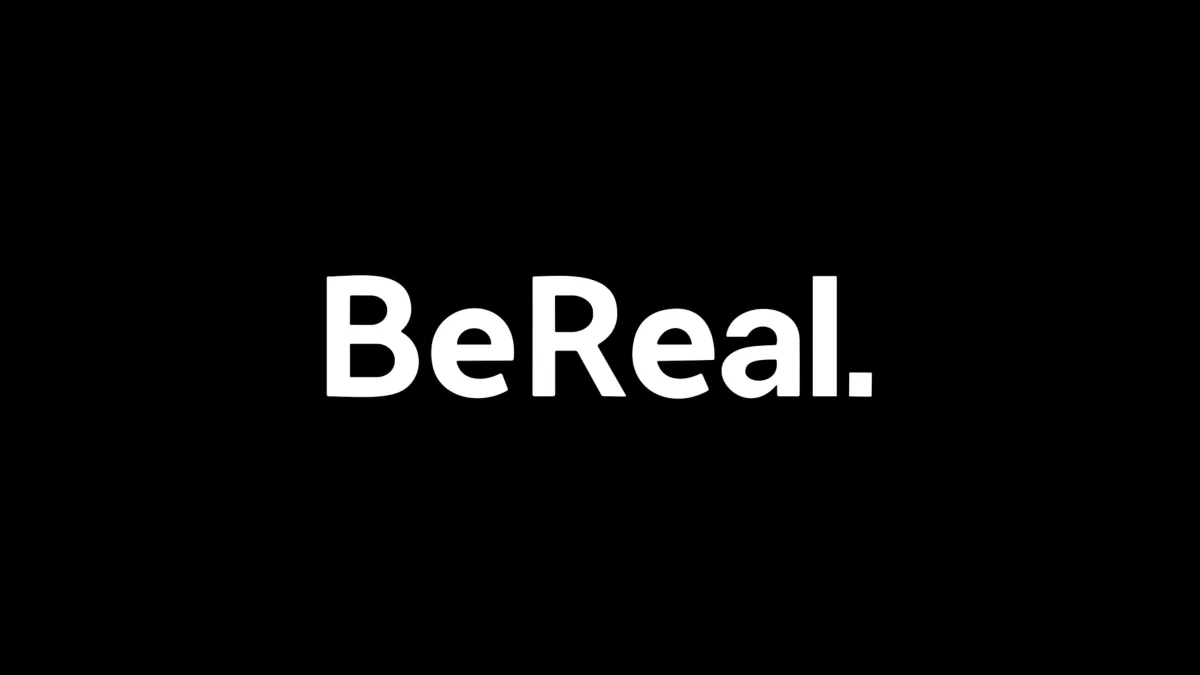
France's data protection authority CNIL has taken enforcement action against multiple website publishers for using deceptive design practices in their cookie consent banners, according to an announcement made on December 12, 2024.
The enforcement action follows numerous complaints from individuals about manipulative interfaces, known as dark patterns, that make rejecting cookies more difficult than accepting them. These practices violate Article 82 of the French Data Protection Act, which requires valid user consent for most cookie deployments.
CNIL's investigation revealed several problematic design elements in cookie banners. Publishers were found to be using visual hierarchies and layouts that subtly pressure users toward accepting cookies while making rejection options less prominent or more complex to locate.
Specifically, the authority identified four major violations in the cookie consent interfaces. First, rejection options were presented as clickable links with deliberately diminished visibility through color choices, font sizes, and styling that emphasized the accept button instead. Second, some publishers embedded the reject option deep within informational text, making it difficult for users to notice. Third, insufficient spacing around rejection options failed to visually distinguish them from surrounding content. Fourth, accept buttons appeared multiple times while reject options were limited to a single, often ambiguous placement with unclear phrasing such as "I decline non-essential purposes."
The enforcement action mandates that publishers modify their cookie consent mechanisms within one month to ensure valid user consent. This deadline aligns with CNIL's previous enforcement patterns, as demonstrated in their September 2020 cookie guidelines which provided a six-month adaptation period for businesses.
This latest action builds upon CNIL's ongoing efforts to enforce cookie compliance. The authority has recently issued other significant penalties in related areas, including a €50 million fine to Orange announced on December 10, 2024, for inappropriate advertisement insertions in emails, and a €10 million fine to Yahoo announced in January 2024 for cookie-related violations.
The legal framework for cookie consent in France stems from both domestic and European Union law. The requirements combine Article 82 of the French Data Protection Act, which transposes Article 5.3 of the EU's ePrivacy Directive, with the consent standards established by the General Data Protection Regulation (GDPR).
While CNIL acknowledges that the law does not prescribe specific design requirements for cookie banners, the authority emphasizes that any chosen design must not mislead users if the resulting consent is to be considered valid. This position aligns with the European Data Protection Board's final report on cookie banners, adopted on January 17, 2023.
The enforcement action reflects growing regulatory attention to dark patterns in digital interfaces. These design practices have faced increasing scrutiny from privacy regulators for potentially undermining user autonomy in digital environments.
 PPC LandLuís Rijo
PPC LandLuís Rijo
CNIL's action serves as a reminder that cookie consent mechanisms must provide equally accessible options for both accepting and rejecting tracking technologies. The authority continues to monitor compliance with cookie regulations as part of its broader mission to protect individual privacy rights in the digital sphere.
This enforcement measure follows CNIL's established pattern of actions against deceptive cookie practices, demonstrating the authority's commitment to ensuring transparent and fair cookie consent mechanisms across digital platforms operating in France.

